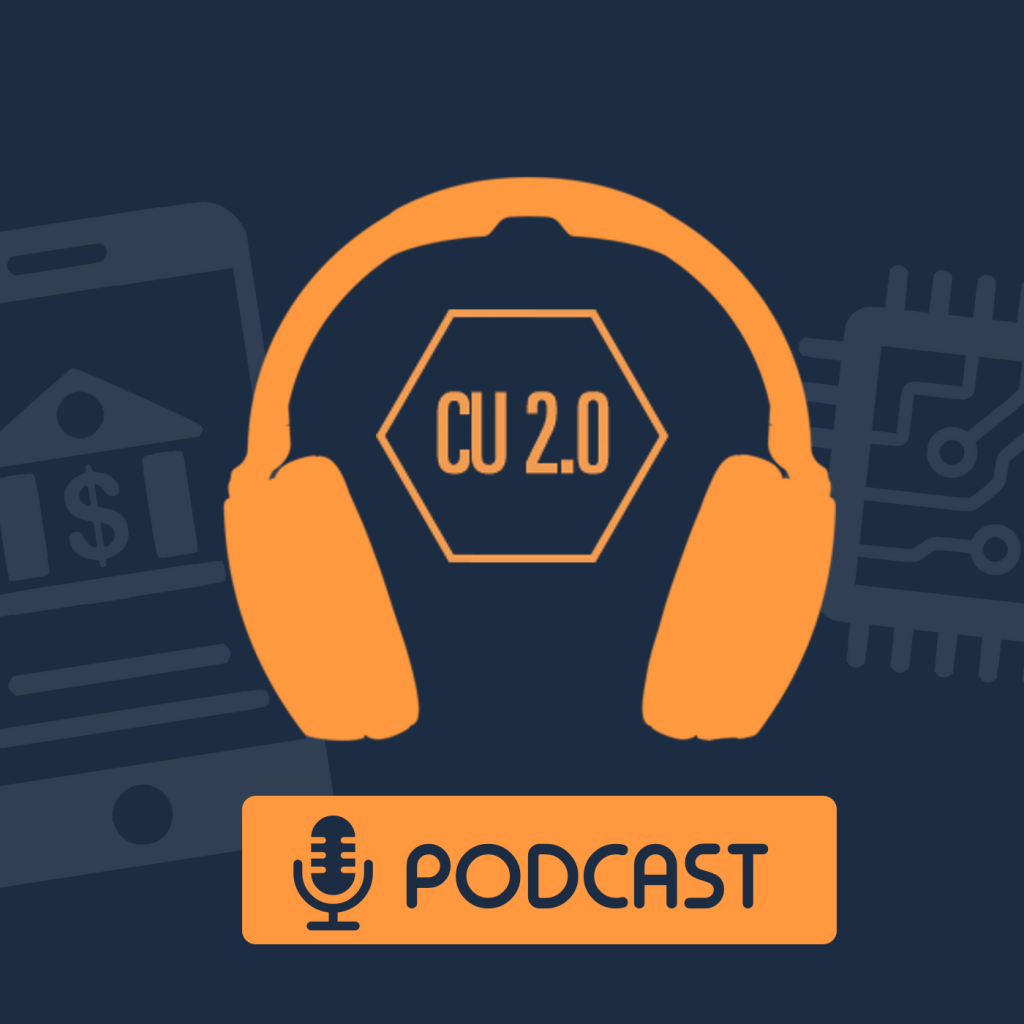How to Cross Borders with Cannabis, Maybe

By Robert McGarvey
The sign smacked me in the face in Montreal’s airport: Crossing international borders with cannabis is illegal.
You won’t miss that sign. It’s big and there are many for instances. I also saw similar in the Halifax cruise port.
Pot is legal in Canada but what you buy there you smoke there.
And as for cruising and pot, it’s a line by line thing but the country’s biggest, Carnival, has issued a definitive ban:
“What happens if a guest gets caught smoking marijuana?
Any illegal substances will be confiscated and the guest will be reported to the appropriate authorities. Additionally, the guest may be subject to a $500 charge, risks being disembarked from the ship and may not be allowed to sail with Carnival in the future.”
Welcome to the smoke gets in your eyes weirdness of today’s laws and rules where it may seem this all has become a Cheech and Chong movie. In my other role as a credit union commentator I have created a two part podcast on Cannabis Banking where the problem is that in some states – California, Vermont, Maine and a number of others – marijuana is legal for adult use, no questions asked. In most other states it is legal for medical uses and generally that requires a prescription from a physician. A state by state map is here.
But and it’s a huge but cannabis is illegal under federal law and assets can be seized from those engaged in cannabis businesses. Ouch. Yes, there are indications that the law won’t be enforced but this is a fickle Washington DC where things can and do change. So the biggest financial services players are holding back from pot accounts.
Those uncertainties don’t directly apply to consumers – you and me – but they highlight exactly how confusing the legal realities around cannabis are.
For instance: question – is it legal to transport marijuana across state lines? Say you legally score in Blythe CA and you drive onto I-10 and head into Arizona. The purchase was legal but Arizona allows only medical marijuana, so are you ok? In a word, no. Here’s the legal reasoning.
Cautious experts even advise against crossing from one all legal state – California, say – into another – Nevada, say.
It’s not just leaf that’s involved. The Canadian government for instance warns against transporting cannabis oil cross border.
At least some experts insist it is legal to fly in the US with cannabis oil however.
But the TSA says nope, don’t fly with pot or with CBD oil.
Matters get murkier when international travel is involved. The CDC has a useful sheet about travel with prescription medicine and, really, the same issues arise with Oxycontin, Vicodin, methedrine, and a bunch of sleeping pills as with marijuana and related products. Just because you have a US prescription does not mean the drug is legal in your destination country.
Notes the CDC: “Medicines that are commonly prescribed or available over the counter in the United States could be considered unlicensed or controlled substances in other countries. For example, in Japan, some inhalers and certain allergy and sinus medications are illegal.”
The CDC advice is to contact the embassy of the countries you plan to visit and specifically inquire into bringing prescription drugs in. Be persistent and specific. Some countries are more helpful than others.
Also consult the country by country reporting of the International Narcotics Control Board.
Might it be simpler to travel with no drugs and to get a prescription from a local doctor on arrival (a hotel doc for instance)? Maybe yes. But before counting on this ask your hotel about availability of a local physician and also find out if the drug you want is in fact sold in China, Russia, or wherever. And bring a note from your physician that explains why you need the medicine.
All this also applies to CBD oil where matters get murkier still because some oil has essentially zero THC content (the psychoactive ingredient in cannabis) and other samples have measurable THC which could make the oil illegal. The zero THC oils *should* be legal just about everywhere but, remember, this is all the stuff of Cheech and Chong weirdness where nothing is really certain.
And the stakes get higher when international borders are crossed.
In much of the world marijuana and related products are illegal – or at the very least not legal.
About now you need a big toke because all this vagary is driving you off the edge? Understandable.
Question: you want to use CBD oil when you are in county X – should you bring it with you or buy it there? Consistent advice is don’t bring it with you. It very likely is legal where you are heading – here’s a list. Everything from China to Ireland and Slovenia makes the list.
But crossing the international border makes this a different, iffier matter.
Again, ask at the embassy – be persistent. And don’t be shy about asking for help at the hotel where you will be registered.
And if you say you remain confused, join the club. It is confusing. But by asking lots of questions you very probably will stay on the safe side of the law.


